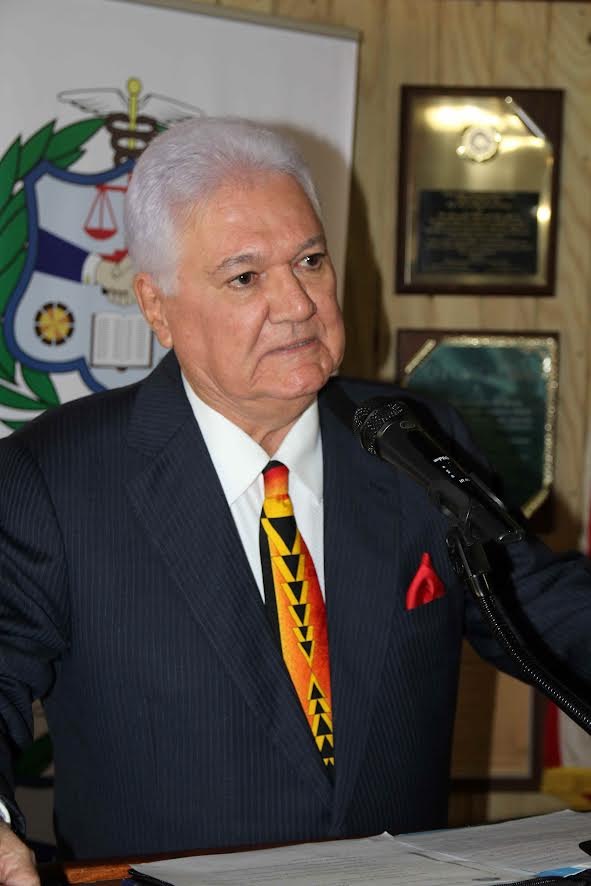
From The Star Team
An increase in the quantity of slot machines sought by the Horse Racing Agencies at Camarero Racetrack would adversely affect the Police Retirement System Fund, according to the president of the Police Members Association of Puerto Rico (AMPPR).
AMPPR leader José J. Taboada de Jesús dismissed what he deemed a ludicrous proposal from the Camarero Racetrack via Light & Wonder. He noted that Juan Carlos Santaella Marchán, acting director of the Puerto Rico Gaming Commission, backs the initiative, which if implemented, would undermine the Police Pension System. Taboada de Jesús indicated that the public would prefer using slot machines over video game machines, which currently contribute to the pension system.
The AMPPR stated that any proposal to alter the number of slot machines at the racetrack necessitates a legislative tax requirement on all slot machines to ensure their contributions to the Treasury Department. Portions of the revenue from such activities are then allocated to the already weakened Police Retirement System account.
“The conduct of the interim director of the Puerto Rico Gaming Commission is almost ridiculous, sets a dangerous precedent, and is detrimental to retired Police officers and those near retirement, most of whom receive minimal pensions after risking their lives to protect the nation,” remarked Taboada de Jesús. “This individual, who should wield limited authority due to being an interim appointee—serving until December 31—has chosen to facilitate a request from Light & Wonder to nearly triple the number of slot machines permissible for a horse racing agency in Puerto Rico.”
The initiative put forth by the Gaming Commission, which also oversees video game machines, aims to raise the number of machines (terminals) per horse racing agency to a maximum of 15.
“It is crucial to highlight that there are presently 3,400 video game machines run by Light & Wonder,” Taboada de Jesús added. “The Camarero Racetrack has 5,000 machines sanctioned, yet none are subjected to taxes or duties owed to the Treasury Department, implying that all profits flow directly to the racetrack owner.”
